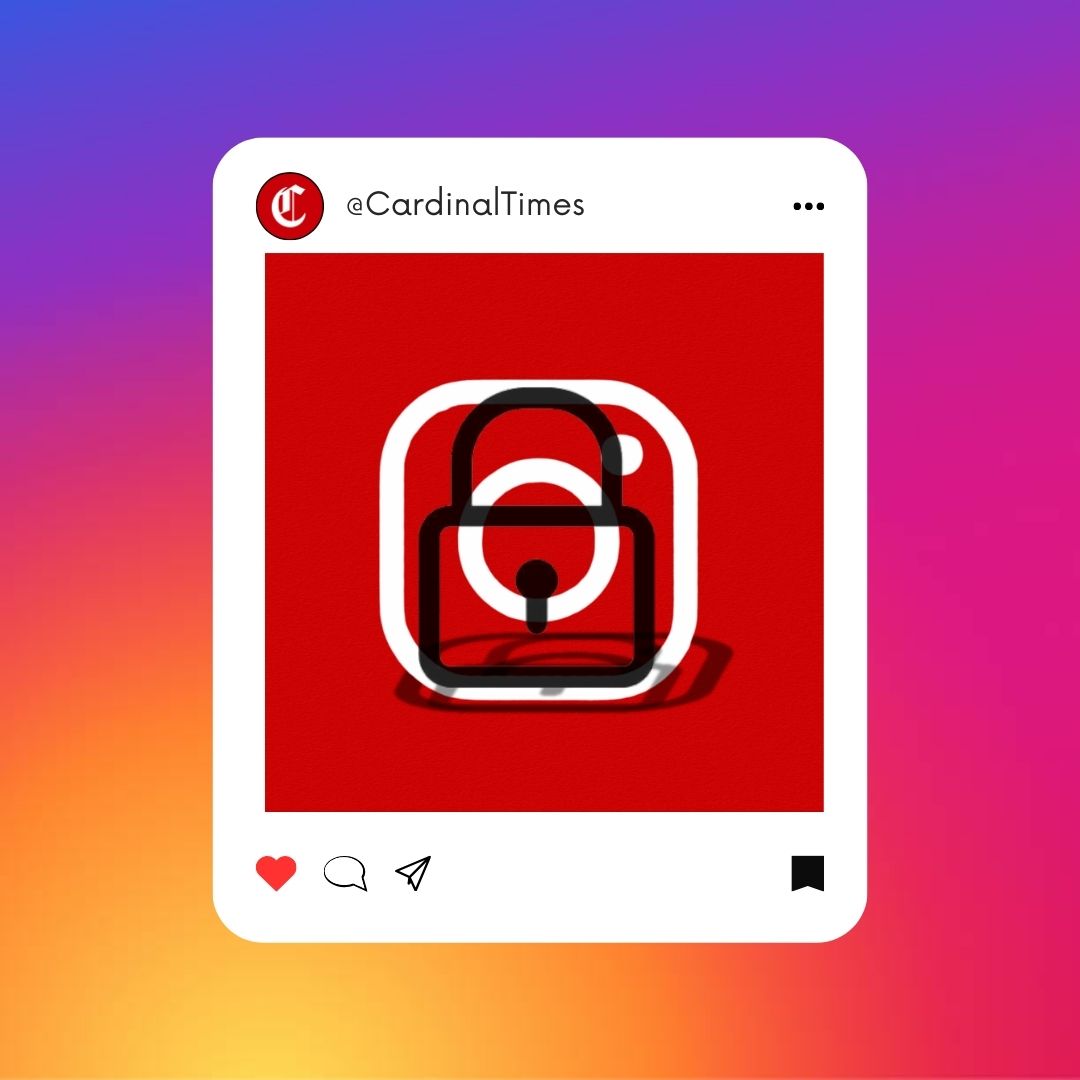In September, Instagram announced that they are introducing teen accounts, or accounts that they say will “automatically place teens in built-in protections and reassure parents that teens are having safe experiences.”
According to Business Insider, 87% of teens report using Instagram regularly as of this fall.
While users above the age of 16 will be able to change their account privacy settings at their discretion, users under 16 will not. If a user under 16 tries to change their date of birth, account privacy settings or what type of content they want to see, parents will be notified and will have to allow the change(s) to be made.
These changes impact both newly created and already existing accounts.
Instagram is beginning to roll out these changes to accounts, and by November 16, all users under 18 will automatically have their accounts set to private. Instagram is building new technology to detect teens who had lied about their age, and place them into teen accounts. These accounts prohibit strangers from messaging kids and viewing their posts.
English teacher Dardn Thomsen thinks these restrictions are reasonable.
“People are just mean when they’re anonymous. I think [removing] that anonymity from the experience, might be the way to decrease bullying and just anonymous mean comments and behavior,” said Thomsen.
Account privacy is not the only change in this new update. The change also gives parents more control over their kid’s accounts. Parents can view their teen’s activity, monitor and limit their time on Instagram and see the contents of their teen’s messages and who they are talking to.
Freshman Lucas O’Brien is one of many students who will be affected by this change.
“I use [Instagram] probably once a day for about 30 minutes to an hour,” said O’Brien.
O’Brien believes that what users under 16 see on Instagram should be restricted.“I think it should [be restricted] because there is a lot of stuff on the app that is bad,” said O’Brien.
However, O’Brien also thinks the restrictions could be counterproductive.
“I also think that at a certain point, people are going to see that type of stuff, so seeing it when you’re younger makes it better because when you’re older, you might not be used to it,” said O’Brien.
Senior Charlie McCalla views underage social media usage as harmful to developing minds.
“I think having an account, what you see on Instagram reels and Instagram in general, and who you follow should be restricted because there is a lot of adult content on Instagram that needs to stay off [children’s feed]. Especially kids that are still developing, like 15 and 16, should not be seeing that,” said McCalla.
“Kids under 16 shouldn’t really even be on Instagram,” says McCalla ” [they] should stay off social media.”

